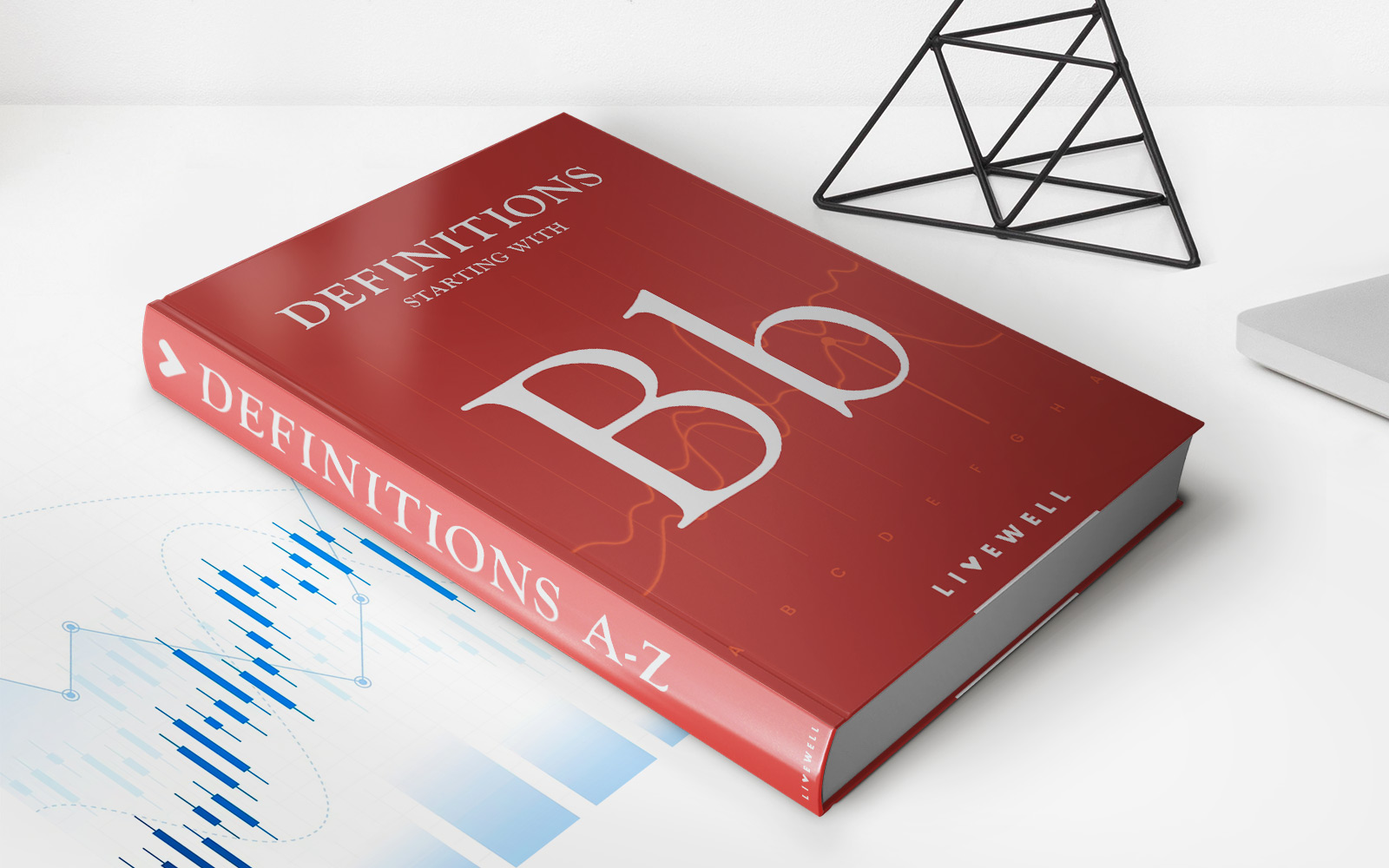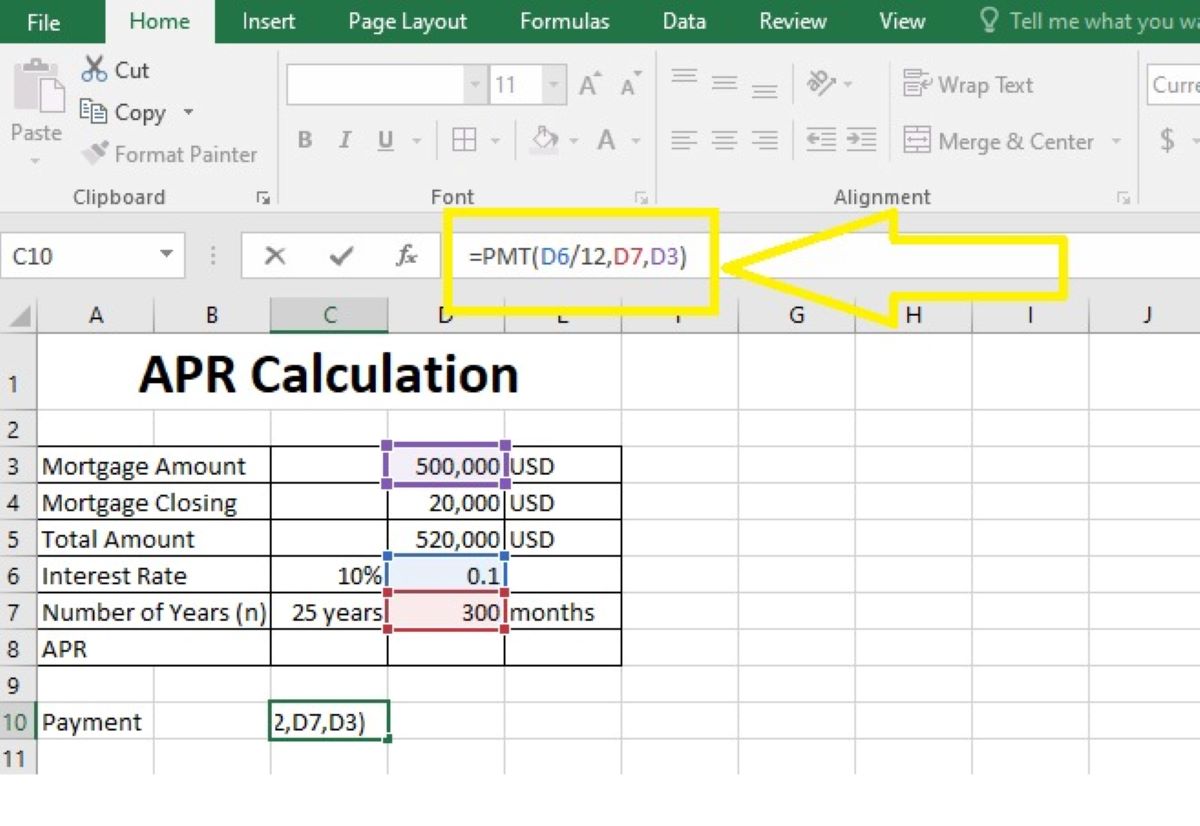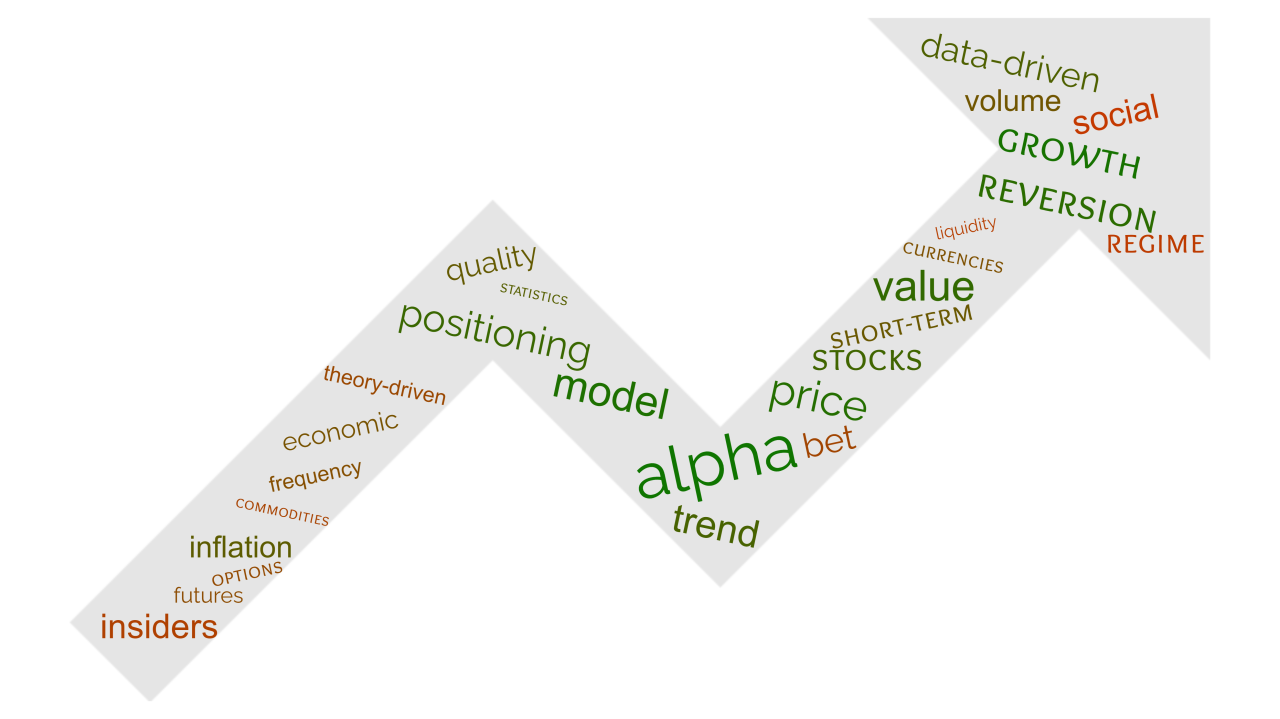Home>Finance>What Are Mutual Funds Options And Fixed Deposits


Finance
What Are Mutual Funds Options And Fixed Deposits
Modified: December 30, 2023
Discover the best finance options for your investments with mutual funds and fixed deposits. Learn how these choices can help you grow and manage your money effectively.
(Many of the links in this article redirect to a specific reviewed product. Your purchase of these products through affiliate links helps to generate commission for LiveWell, at no extra cost. Learn more)
Table of Contents
Introduction
When it comes to investing your hard-earned money, there are countless options available in the financial market. From stocks and bonds to real estate and commodities, the choices can be overwhelming. Two popular investment avenues that individuals often consider are mutual funds and fixed deposits. While they both offer the opportunity to grow your wealth, they differ in terms of risk, returns, and investment duration.
Mutual funds are professionally managed investment vehicles that pool money from multiple investors to invest in a diversified portfolio of stocks, bonds, and other securities. They are managed by fund managers who make investment decisions on behalf of the investors, aiming to generate higher returns. On the other hand, fixed deposits, also known as term deposits, are low-risk investments offered by banks and financial institutions. When you invest in a fixed deposit, you lock in a specific sum of money for a predetermined period, and in return, you receive a fixed interest rate.
Understanding the features and benefits of mutual funds and fixed deposits can help you make informed investment decisions that align with your financial goals and risk appetite. In this article, we will delve into each investment option and discuss their characteristics, pros, and cons.
Mutual Funds
Mutual funds offer individuals the opportunity to invest in a diversified portfolio of various securities, such as stocks, bonds, and money market instruments. By pooling money from multiple investors, mutual funds allow individuals to access a wide range of asset classes and sectors. Here are some key points to consider when it comes to mutual funds:
- Professional Management: One of the biggest advantages of mutual funds is that they are managed by professional fund managers. These experts have the knowledge and expertise to analyze the market, identify investment opportunities, and make informed investment decisions on behalf of the investors.
- Diversification: Diversification is a crucial aspect of any investment strategy. Mutual funds allow investors to diversify their portfolio by investing in a variety of securities. This helps mitigate risk by spreading investments across different companies, industries, and asset classes.
- Liquidity: Mutual funds offer high liquidity, which means you can easily buy or sell your investment whenever you want. Unlike fixed deposits, which come with a fixed lock-in period, mutual funds provide the flexibility to redeem your units at any time, although redemption may be subject to certain charges or fees.
- Professional Expertise: Investing in mutual funds allows individuals to benefit from the expertise of professional fund managers. These managers have access to extensive market research, financial models, and investment strategies. Their goal is to generate optimal returns for the investors while managing risks effectively.
- Potential for Growth: Mutual funds have the potential to generate higher returns compared to traditional investment avenues like fixed deposits. Since they invest in a diverse range of securities, they can capitalize on growth opportunities in different sectors. However, it’s important to note that with higher potential returns comes a higher level of risk.
While mutual funds offer the potential for higher returns, they also come with a certain level of risk. The performance of mutual funds is subject to market volatility and the quality of the fund’s management. It’s essential to carefully analyze the fund’s historical performance, investment strategy, expense ratio, and risk profile before investing.
Options
Options are financial derivatives that give individuals the right, but not the obligation, to buy or sell an underlying asset at a predetermined price within a specified time period. Options can be used for various purposes, such as hedging against potential losses, generating income, or speculating on price movements. Here are some key points to consider when it comes to options:
- Flexibility: Options provide investors with flexibility in their investment strategies. There are two types of options: call options, which give the holder the right to buy the underlying asset, and put options, which give the holder the right to sell the underlying asset. Investors can use options to take advantage of bullish or bearish market conditions, or to protect their existing investments.
- Leverage: Options are known for their leverage potential. With a smaller amount of capital, investors can control a larger position in the underlying asset. This amplifies both potential profits and losses. It’s important to note that while leverage can enhance returns, it also carries higher risks.
- Risk Management: Options can be used for risk management purposes. For example, if you own a stock and are concerned about a potential decline in its value, you can purchase a put option to protect against the downside risk. This allows you to sell the stock at a predetermined price, limiting your potential losses.
- Income Generation: Options can be used to generate income through a strategy called writing covered calls. In this strategy, an investor who owns the underlying asset sells call options against it. They earn premium income from selling the call options, but risk having to sell the asset if the options are exercised.
- Time Decay: Options have an expiration date, after which they become worthless. This time decay element is essential to keep in mind when trading options. As the expiration date approaches, the value of options decreases. This means that options traders need to consider not just the direction of the underlying asset’s price, but also the timing of their trades.
While options can provide flexibility and potential profits, it’s important to note that they are complex financial instruments and require a solid understanding of market dynamics. Options trading involves significant risks, including the potential loss of the entire investment. It’s advisable to gain a comprehensive understanding of options strategies, risk management techniques, and market analysis before engaging in options trading.
Fixed Deposits
Fixed deposits, also known as term deposits, are a popular investment option that offers individuals a secure and predictable way to grow their money. When you invest in a fixed deposit, you deposit a specific amount of money with a bank or financial institution for a predetermined period. Here are some key points to consider when it comes to fixed deposits:
- Guaranteed Returns: One of the most appealing features of fixed deposits is the guaranteed returns they offer. Unlike other investment avenues that are subject to market fluctuations, fixed deposits provide a fixed interest rate for the entire investment duration. This makes fixed deposits a reliable choice for those seeking stability and certainty.
- Low Risk: Fixed deposits are considered low-risk investments. Since they are offered by banks and financial institutions, the principal amount invested is typically protected up to a certain limit by deposit insurance schemes. This provides investors with peace of mind, knowing that their investments are secure.
- Flexible Investment Horizon: Fixed deposits offer a range of investment durations, typically ranging from a few months to several years. Investors can choose a term that aligns with their financial goals and needs. However, it’s important to note that early withdrawal of fixed deposits may incur penalties or a reduction in interest earned.
- Predictable Income: Fixed deposits provide a predictable income stream in the form of interest payments. Investors can choose to receive the interest payouts at regular intervals, such as monthly, quarterly, or annually. This can be particularly beneficial for individuals who rely on a steady income or want to plan their finances accordingly.
- No Market Fluctuations: Unlike other investment options such as stocks or mutual funds, fixed deposits are not influenced by market fluctuations. The interest rate offered at the time of investment remains constant throughout the tenure, regardless of any changes in the financial market.
While fixed deposits offer stability and guaranteed returns, they may have limitations in terms of potential returns compared to other investment options. The interest rates on fixed deposits are generally lower than the potential returns offered by riskier investments such as stocks or mutual funds. Additionally, fixed deposits may not be suitable for investors looking for liquidity as they usually come with a fixed lock-in period.
Before investing in fixed deposits, it’s important to compare interest rates offered by different banks and consider factors such as the reputation of the institution, any additional benefits or features provided, and the impact of inflation on the real returns. Additionally, individuals should assess their investment objectives, risk tolerance, and liquidity needs before allocating a significant portion of their portfolio to fixed deposits.
Conclusion
When it comes to investing, mutual funds and fixed deposits are two popular options that offer different benefits and suit varying investment preferences. Mutual funds provide the potential for higher returns through diversified portfolios managed by professionals. They offer flexibility, liquidity, and the expertise of fund managers. However, they come with a higher level of risk and require careful consideration of the fund’s performance, strategy, and fees.
On the other hand, fixed deposits provide a secure and predictable investment avenue with guaranteed returns. They offer stability, low risk, and flexible investment durations. Fixed deposits are ideal for individuals seeking a low-risk investment and a predictable income stream. However, they may have lower returns compared to other investment options and come with a fixed lock-in period.
Ultimately, the choice between mutual funds and fixed deposits depends on your financial goals, risk tolerance, and investment horizon. It’s crucial to assess your investment objectives and consider factors such as potential returns, liquidity requirements, and the level of risk you are comfortable with.
To make informed investment decisions, it’s advisable to seek guidance from a financial advisor who can assess your individual circumstances and provide tailored recommendations. Remember, diversification is key to building a well-balanced portfolio, and you can consider combining both mutual funds and fixed deposits to optimize returns and manage risks effectively.
Investing in the financial market carries inherent risks, and it’s important to thoroughly research and understand the investment options available to you. By doing so, you can make educated decisions that align with your financial goals and help you achieve long-term success.














